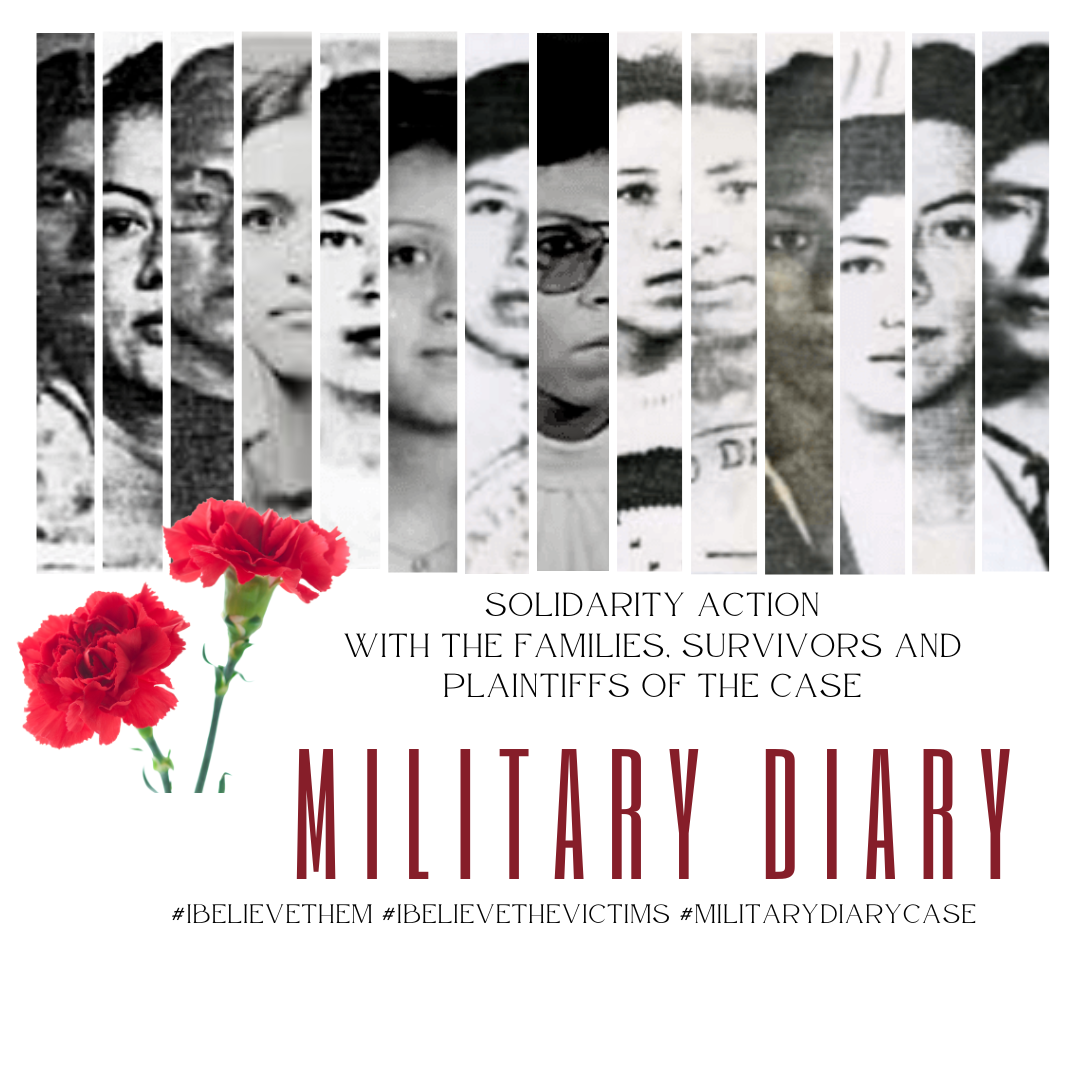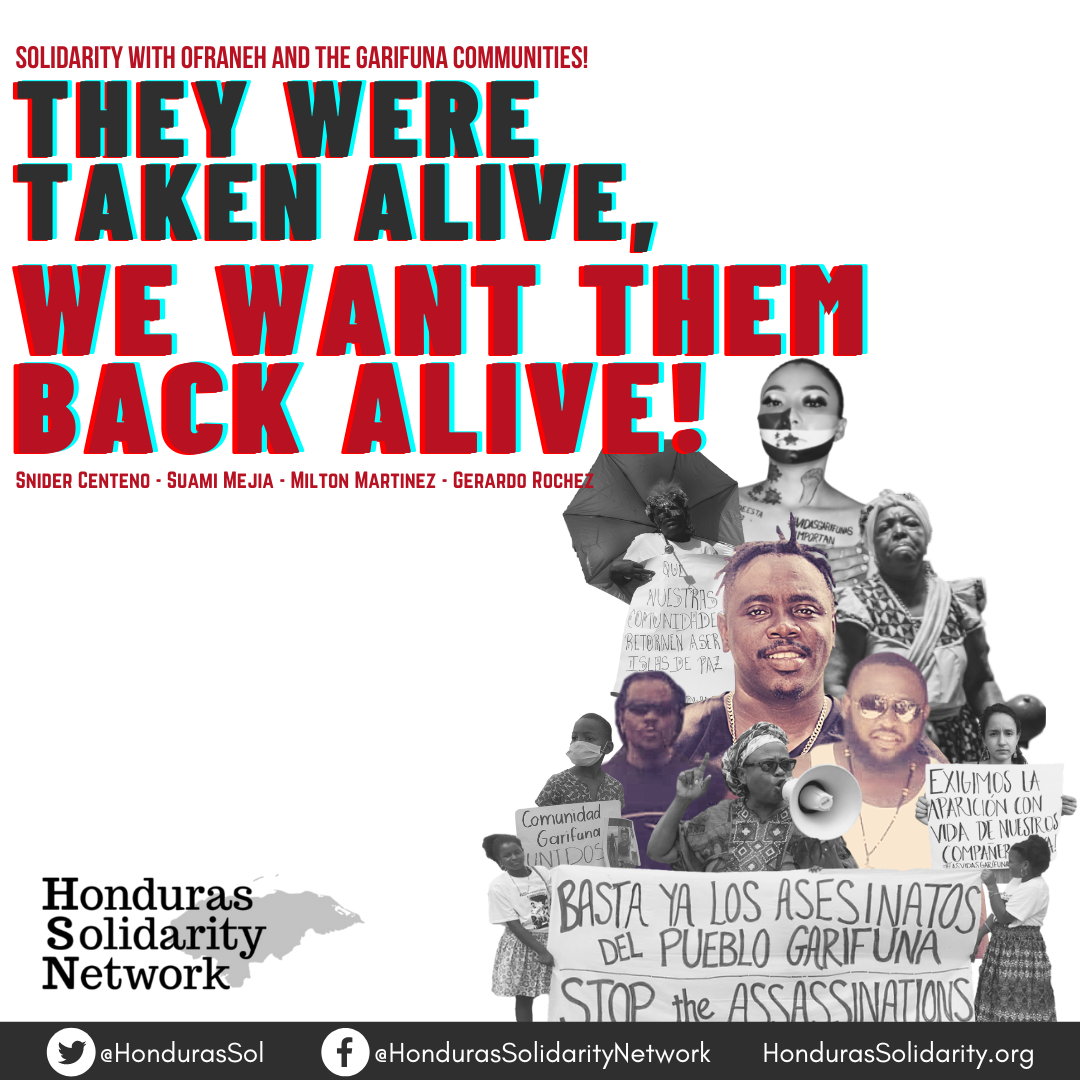Once again a North American company seeks to rob Guatemala of its natural resources.
Under heavy protest, the Canadian mining corporation Bluestone Resources is going forward with the open-pit mining operation Cerro Blanco in Asunción Mita, in the department of Jutiapa.
Knowing this new gold mine would cause irreparable damages to the surface and subterranean water flows risking the water security of millions, the community called in a Municipal Consultation of Neighbors, a legally binding state tool that lets local residents make decisions about their territory.
On September 18, the Mitecos and Mitecas residents, after strong backlash from Bluestone Resources, went to the polls to vote on the future of their homes. The outcome was clear. 87% of the voters opposed Bluestone's mining plan, yet the company had an ace up their sleeve.
Following the democratic decision, the corporation turned to the corrupt government of Guatemala.
Only a day later, on September 19 the Ministry of Energy and Mining (MEM) rejected the Municipal Consultation of Neighbors' vote, stating that the Municipal government of Asunción Mita does not have the authority to make that decision.
It is not the first time, that the MEM has acted as a private attorney for the big mining corporation.
More on MEM's and the government's involvement in illegal mining in the following article.


